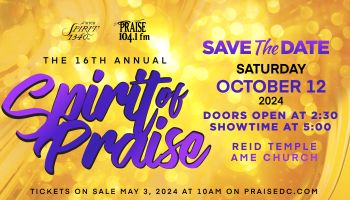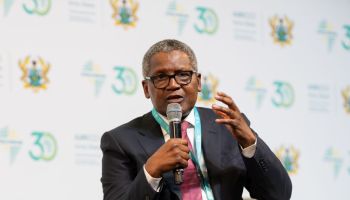
Source: PeopleImages / Getty
People ask whether my anxiety was circumstantial, physiological, or spiritual. Having considered this quite a bit, I am fairly convinced that the answer is “yes.” I believe that often there can be multiple things at play. Stress has a way of boiling to a point where even those with the highest tolerance are susceptible to its building force.
Also, like other physical limitations or sickness, some of us experience times when our bodies’ chemicals are out of balance. In addition, our spiritual enemy seems to be an opportunist when it comes to his attacks, striking in our areas of weakness.
In Paul’s famous challenge to be anxious for nothing in Philippians 4:6-7, he calls us not only to pray but also to give thanks. The context of Paul’s instruction is not on the heels of victory or after receiving a miraculous breakthrough. In fact, Paul himself was facing a pretty terrible situation. He was writing to the Philippian church from prison and facing a very uncertain future. And yet, his letter reflects his deep joy and attitude of rejoicing.
So in the middle of our pain, we can also give praise.
I don’t believe Paul is asking us to drum up insincere gratitude. I think Paul is challenging us to give thanks where thanks is due, even in the midst of whatever current struggle we are going through.
I have found that I am never without things to celebrate. Even during some of the most difficult trials I have faced, there have also been things I’m thankful for. Meditating on those and voicing gratitude to Him helps transform my perspective and recalibrate my mind.
An overload of negative or stressful thoughts can create a general sense of impending doom. But even when stating my gratefulness to God as a forced act of discipline, I often experience the weight begin to lift.
That’s not to say there’s some gimmicky formula to an anxiety-free life. But the principle of praising God even through pain is a pathway to His life-giving presence, which offers us peace.
-Brian
Scripture:















